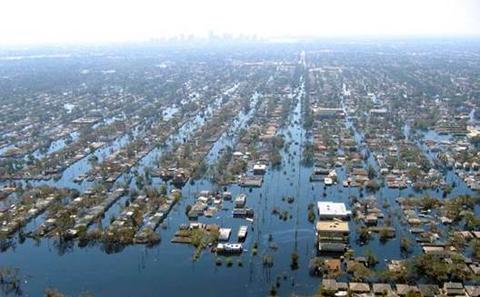The Benefits of Climate Mitigation for Coastal Areas Seminar

For more information regarding this seminar, please telephone Sue Smith on 023 8059 2316 or email s.b.smith@soton.ac.uk .
Event details
SMMI-LR Seminar Series
This presentation will review the possible benefits of mitigation of climate change for coastal areas with a strong emphasis on sea-level rise. This is one of the most certain consequences of human-induced global warming and has significant impacts. Importantly, there is a long-term ‘commitment to sea-level rise’ due to the long thermal lags of the ocean system and hence the response of sea-level rise to mitigation is slower than for other climate factors. Therefore, while climate stabilisation reduces coastal impacts during the 21st century, compared to unmitigated emissions, the largest benefits may occur in the 22nd century (and beyond). While we cannot avoid some global rise in sea level, we can still avoid significant losses of the Greenland and Antarctic ice sheets, with significant long-term benefits to coastal inhabitants. The available results suggest that a mixture of adaptation and mitigation policies need to be considered for coastal areas, as this will provide a more robust response to human-induced climate change than either policy in isolation. This point has been clearly articulated in coastal impact chapters of the Fourth and Fifth IPCC Assessments. This approach requires the joint evaluation of mitigation and adaptation in coastal areas which has not been systematically considered to date. Because of the long time constants involved such assessments need to continue beyond 2100 to provide the full implications of the different policy choices. While the basic science of the commitment was available and presented in the First IPCC Assessment, the policy implications are less appreciated and need wider discussion.
Speaker information
Professor Robert Nicholls,Robert is Professor of Coastal Engineering at the University of Southampton where he actively contributes and leads research and education in this area. His research is mainly focussed long-term coastal engineering and management, especially the issues of coastal impacts and adaptation to climate change, with an emphasis on sea-level rise.